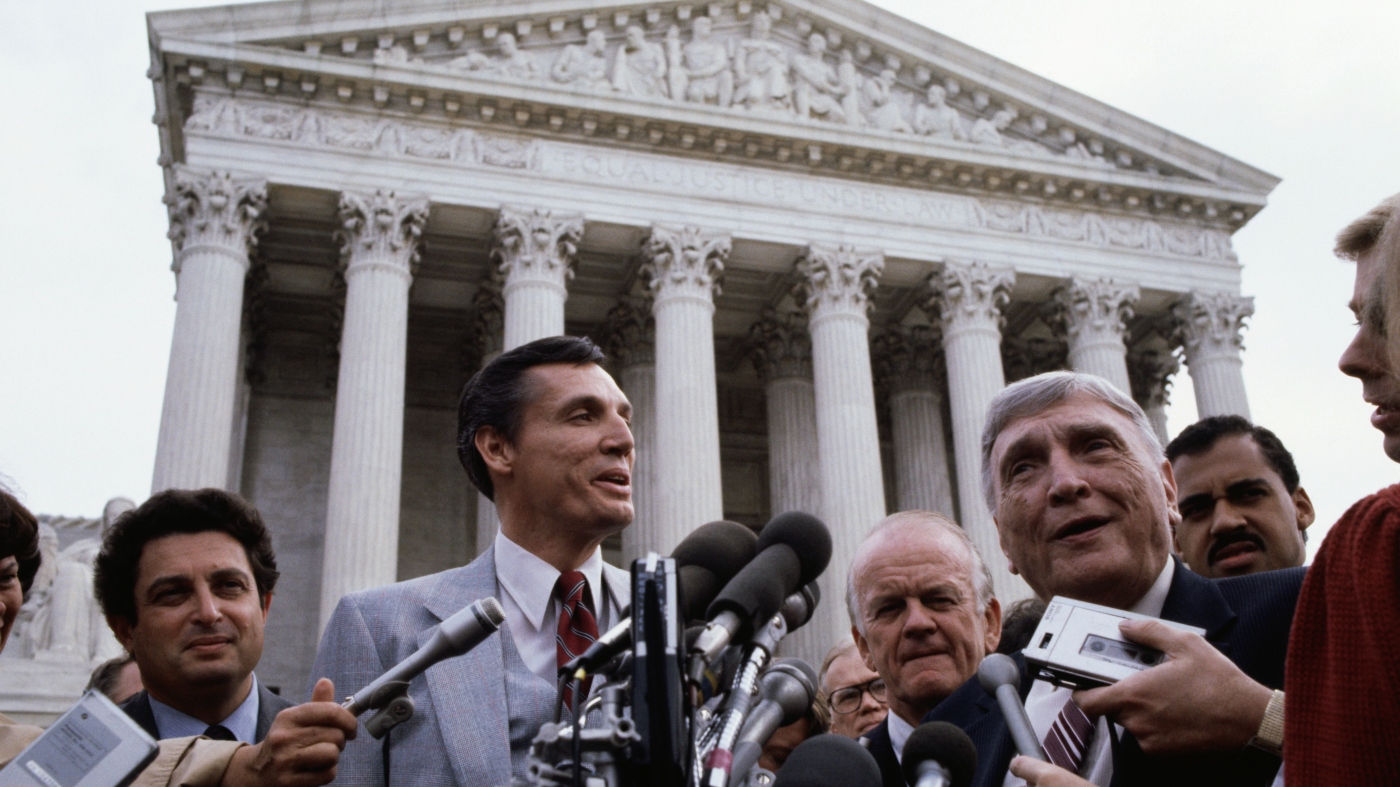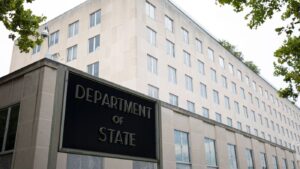Harvard Faces Tax-Exempt Status Threat Amidst Tensions with Trump Administration
As the Trump administration’s dispute with Harvard University intensifies, the former President has signaled a potential revocation of the university’s tax-exempt status. This move follows allegations that Harvard is engaging in activities not aligned with public interest. “Remember, Tax Exempt Status is totally contingent on acting in the PUBLIC INTEREST!” Trump shared on Truth Social.
The administration’s threat arises amidst ongoing demands for Harvard to alter its policies regarding discrimination and diversity programs. Recently, Harvard was pressured to adapt its practices to counter antisemitism, an issue the administration claims the university has failed to adequately address. Following Harvard’s refusal to comply, the administration froze over $2.2 billion in federal funding to the institution.
Revoking a university’s tax-exempt status is not without precedent. In the 1980s, Bob Jones University lost its tax-exempt status due to its policy against interracial dating, which the IRS deemed discriminatory. The case reached the Supreme Court, which ruled in favor of the IRS, establishing a precedent for such actions.
According to Michael Graetz, a tax law professor at Yale, the financial repercussions for Harvard would be significant if their tax-exempt status were revoked. The university would not only lose revenue from its $53.2 billion endowment, but donors would also lose tax deductions on their contributions. Graetz emphasizes that Harvard’s exemption has been stable since the inception of the income tax in 1913, with no serious challenges until now.
Harvard’s spokesperson, Jason Newton, maintains that there is no legal foundation for rescinding the university’s tax-exempt status. He warns that such a move would severely affect Harvard’s educational mission, leading to reductions in financial aid, and disruptions to medical research and innovation.
The Bob Jones University Case
The Bob Jones University case may serve as a reference for the Trump administration. The private Christian college faced the IRS’s revocation of its tax-exempt status due to its discriminatory policy against interracial relationships. The matter culminated in a Supreme Court decision that upheld the IRS’s position, indicating that racial discrimination in education conflicts with national public policy.
Legal experts, including Larry Zelenak from Duke University, argue that drawing parallels between Bob Jones and Harvard might be challenging. Zelenak points out that while Bob Jones had an explicit policy of discrimination, Harvard does not officially endorse antisemitism. Similarly, other experts like Olatunde Johnson from Columbia University highlight the extensive legal process required to prove discriminatory practices, suggesting that a similar outcome for Harvard is unlikely.
Historical Context of IRS Use
There is a historical backdrop of U.S. presidents attempting to leverage the IRS for political purposes. Notably, John F. Kennedy and Richard Nixon sought to use the agency to target political adversaries. In 1998, Congress enacted measures to shield the IRS from political influence, ensuring its independence, Graetz explains, as a bipartisan effort to prevent misuse of power.
If the IRS were to consider revoking Harvard’s tax-exempt status, Graetz warns it would represent a significant deviation from established norms. Legal scholars consulted by NPR believe Harvard would possess a robust defense should the administration pursue this course of action. Duke’s Zelenak remains skeptical about the feasibility of such a revocation being upheld in court.






